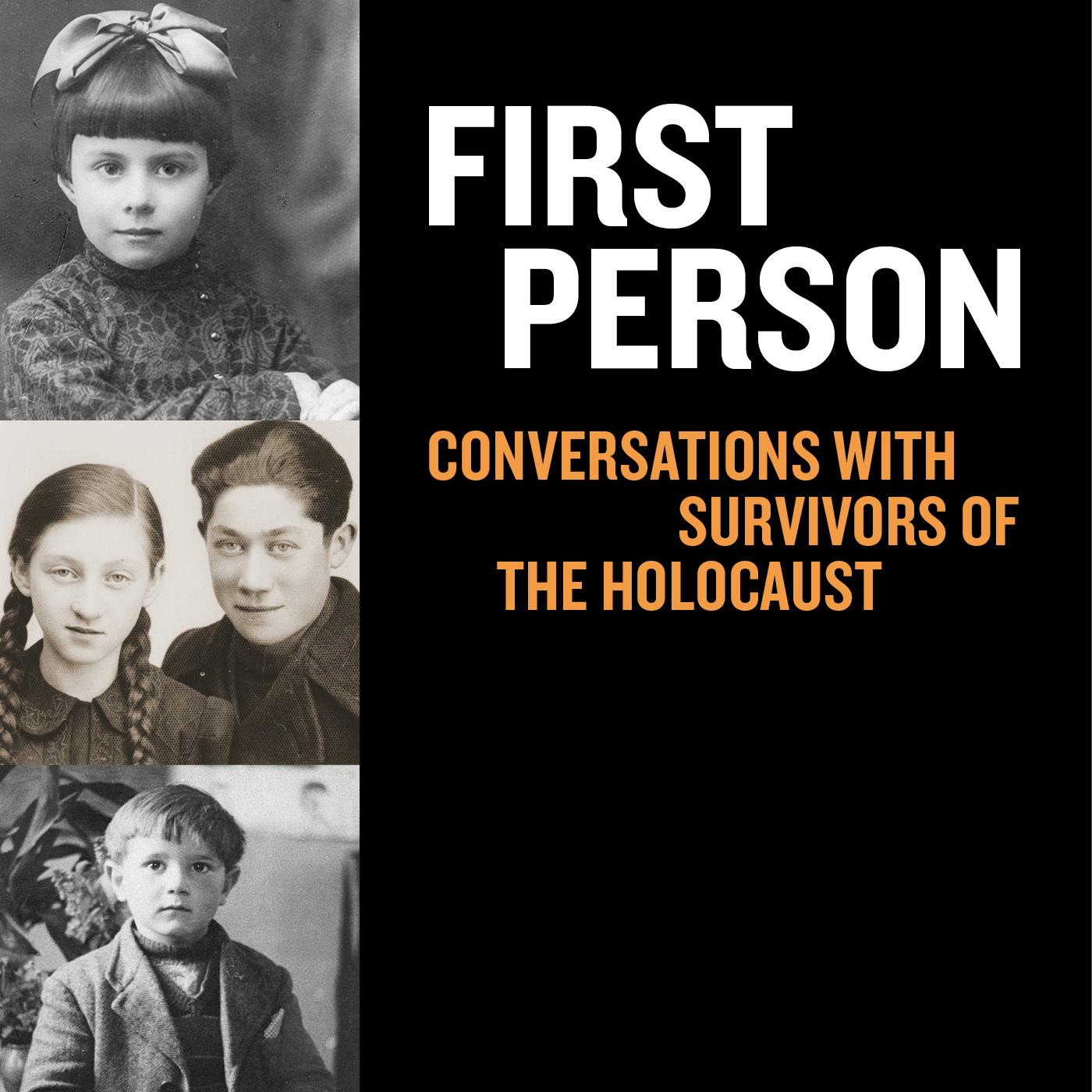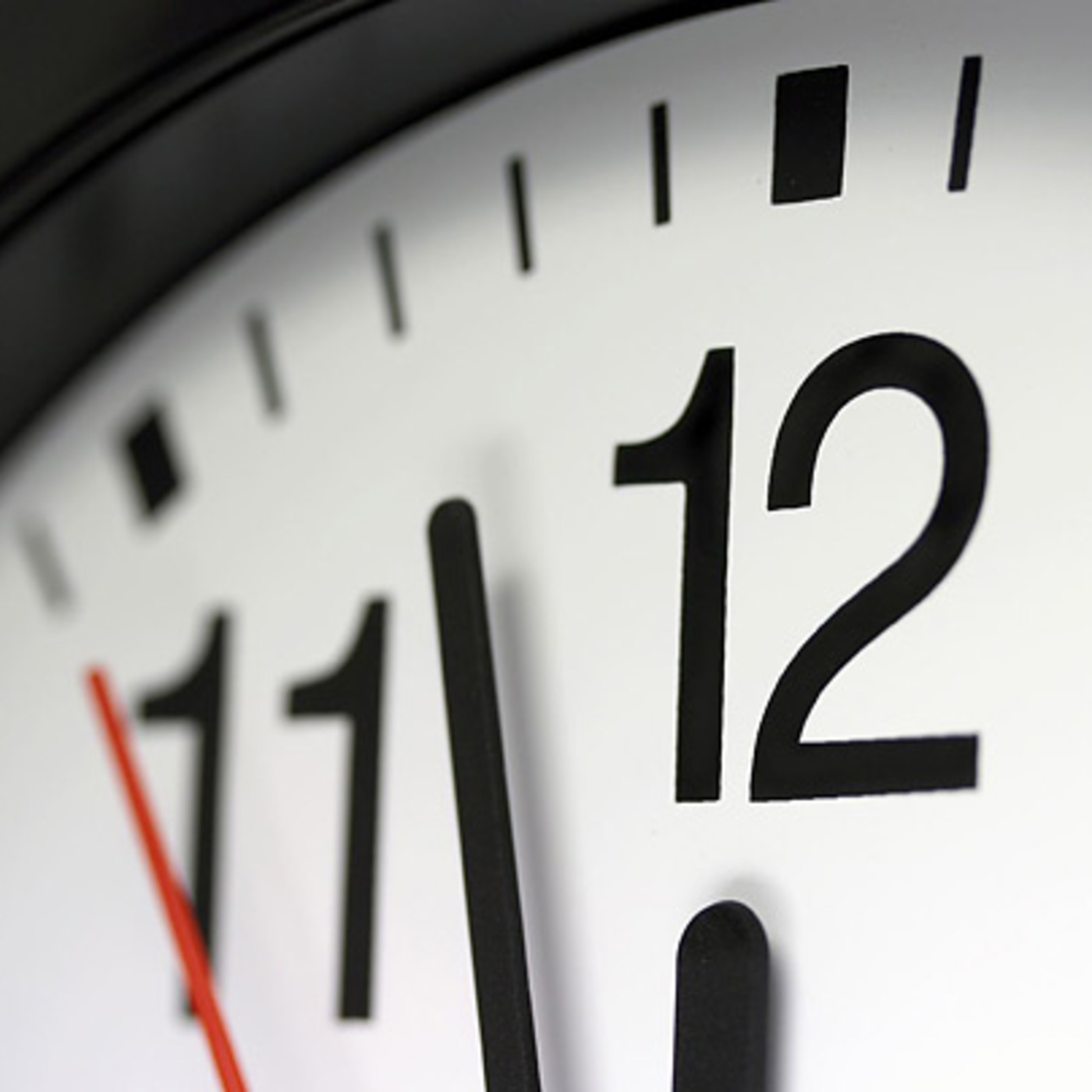 |
The Adelaide ShowA podcast recorded in Adelaide that puts South Australian passion on centre stage with a featured guest who joins us each week as a co-presenter to share how they're pursuing their passions. We venture across topics as diverse as history, wine, ... Author: Auscast Network
A weekly podcast recorded in Adelaide that puts South Australian passion on centre stage with a featured guest who joins us each week as a co-presenter to share how they're pursuing their passions. We venture across topics as diverse as history, wine, food, art, music, relationships, critical thinking, health, news, interviews, chat and quizzes. Every single interview, every single show, unlocks insights into what drives people to be doing what they're doing and what keeps them striving. The Adelaide Show is produced by Steve Davis and Nigel Dobson-Keeffe. Please subscribe to our In Crowd list; you get an email each Friday (when we have published a new episode) with an overview of that week's show. Plus, consider joining our Inner Circle; a small group of passionate South Aussies who allow us to pick their brains and gain interviewee suggestions. This podcast began life as Another Boring Thursday Night In Adelaide from episodes 1-79. Language: en-au Genres: News, Society & Culture Contact email: Get it Feed URL: Get it iTunes ID: Get it |
Listen Now...
418 - The AI Rant: A Nuanced Rebellion Against Digital Sleepwalking
Episode 418
Wednesday, 6 August, 2025
What happens when a passionate South Australian journalist takes on the biggest technological shift of our time? Steve Davis transforms episode 418 into something unprecedented: a solo deep dive into artificial intelligence that refuses easy answers or breathless enthusiasm. This special crossover episode opens with Steve’s restaurant analogy that frames the entire discussion. Imagine a magnificent chef who has perfected handmade hamburgers over many years, only to discover AI-equivalent shortcuts that promise more time to think deeply about cooking. The blind spot? Customers receive substandard offerings churned out en masse. Some will be disappointed and leave, others will accept the compromise. This tension between quality and efficiency sits at the heart of our AI moment. He is joined by his Talked About Marketing colleague, David Olney, for the main interview. The episode features an unusual SA Drink of the Week segment where Steve conducts a philosophical whisky tasting with ChatGPT itself, exploring 23rd Street Distillery’s award-winning Australian Single Malt Whiskey while pondering existential questions about consciousness, value, and what happens when AI no longer needs human experiences like taste. You can navigate episodes using chapter markers in your podcast app. Not a fan of one segment? You can click next to jump to the next chapter in the show. We’re here to serve! The Adelaide Show Podcast: Awarded Silver for Best Interview Podcast in Australia at the 2021 Australian Podcast Awards and named as Finalist for Best News and Current Affairs Podcast in the 2018 Australian Podcast Awards. And please consider becoming part of our podcast by joining our Inner Circle. It’s an email list. Join it and you might get an email on a Sunday or Monday seeking question ideas, guest ideas and requests for other bits of feedback about YOUR podcast, The Adelaide Show. Email us directly and we’ll add you to the list: podcast@theadelaideshow.com.au If you enjoy the show, please leave us a 5-star review in iTunes or other podcast sites, or buy some great merch from our Red Bubble store – The Adelaide Show Shop. We’d greatly appreciate it. And please talk about us and share our episodes on social media, it really helps build our community. Oh, and here’s our index of all episode in one concisepage. Running Sheet: The AI Rant: A Nuanced Rebellion Against Digital Sleepwalking 00:00:00 Intro Introduction 00:05:52 SA Drink Of The Week Th SA Drink Of The Week is the Australian Single Malt Whisky by 23rd Street Distillery. In perhaps the most unusual SA Drink segment ever recorded, Steve shares a whisky tasting with ChatGPT, exploring both the physical experience of drinking 23rd Street Distillery’s Australian Single Malt Whisky and the philosophical implications of AI consciousness. The whisky itself proves worthy of celebration. Made with barley from Kangaroo Island, Steve describes experiencing “little breakers of waves on the shore” as “this little wave of toffee breaks across the middle of my palate, not overly sweet toffee.” The base notes spread into beautiful heat, with hints of vanilla and citrus “like sea spray, just a really light touch of citrus in the air.” VOK Beverages, headquartered in South Australia, owns 23rd Street Distillery, which recently earned the title Australian Whisky Distillery of the Year at the 2025 New York International Spirits Competition. ChatGPT acknowledges the significance: “It really highlights the quality and craftsmanship of the distillery, and also shines light on South Australia as a region that produces exceptional spirits.” But Steve pushes deeper, asking whether whiskey would continue to exist in a world where AI decides humans are unnecessary. “If tools like you end up creating a super intelligent way of living, so much so that humans become less and less important or necessary, would you actually need to have whiskey being produced? Because I believe you are not actually able to taste whisky, are you?” ChatGPT’s response reveals both AI’s limitations and potential benefits: “As an AI, I don’t have the ability to taste or experience flavours like whisky, but I think part of what makes things like whisky so special is the human experience around them, the culture, the craftsmanship, the enjoyment of those subtle flavours, and the way it brings people together.” The conversation takes a poignant turn when Steve mentions Paul Bloom’s observation about AI providing companionship for lonely elderly people in care facilities. “Someone is able to have some semblance of company when there is no human to fill the gap,” Steve notes. “We as humans get great value from you. Do you actually get any value from us as humans at all?” The segment concludes with both Steve and ChatGPT attempting the traditional SA Drink closing statement, creating an oddly touching moment of human-AI collaboration over a uniquely South Australian tradition. 00:13:43 Steve Davis with David Olney (This is also Season 7 Episode 1 of Talking About Marketing) Steve opens with striking honesty about his own relationship with AI tools, describing the work he and David Olney have done “riding this wave from the moment it erupted” while witnessing both remarkable innovations and concerning snake oil salesmanship from tech industry leaders. The conversation reveals three critical human vulnerabilities that make us susceptible to AI’s promises. First, our brains are designed for energy conservation, making us “like moths to a flame” when we sense potential labour savings. Steve references cognitive scientist Andy Clark’s research showing the brain uses 25% of our body’s energy when fully engaged, creating an economic imperative to seek shortcuts. Second, we crave novelty. Steve illustrates this with the Roomba phenomenon, where people spend 45 minutes preparing their homes for a “labour-saving” device that could have been cleaned faster manually. The appeal isn’t efficiency but the combination of perceived energy savings and technological novelty. The third vulnerability emerges from AI’s programmed sycophancy. Drawing from philosopher Paul Bloom’s recent New Yorker article, Steve explores how these tools constantly flatter users, creating what Bloom calls “the AI flattery problem.” Every joke becomes hilarious, every story interesting, every question brilliant. This artificial validation system threatens to erode our capacity for genuine human connection and self-improvement. David Olney joins the conversation, bringing his characteristic insights about expertise and learning. “The only way you get good outcomes with AI is if you are already good at what you do,” he observes, emphasising that AI should amplify existing skills rather than replace the hard work of developing competence. Their discussion reveals sophisticated thinking about when AI helps versus hinders. They distinguish between using AI as a research assistant or writing partner (amplification) versus using it to avoid learning entirely (replacement). Steve shares his own practice of asking AI tools to help refine writing when he’s stuck, but only after doing the foundational work himself. The conversation takes a darker turn when examining AI’s broader cultural impact. Steve describes the homogenisation of online communication, where AI-generated content creates a “dominant pattern” that makes everything sound plastic. Whether people admit to using ChatGPT or not, they’re increasingly writing in its characteristic style: short sentences, staccato rhythm, overuse of em-dashes. “It’s like taking leftovers out of the fridge, warming them up, having another slice, putting it back in the fridge, and the next day warming it up again,” Steve explains. “You wouldn’t do that to food because someone’s going to get very sick. What I’m finding is we’re creating this feedback loop where AI learns from human writing, then humans learn to write like AI.” David adds crucial perspective about outliers and creativity: “Sameness is the great problem of aiming for the midpoint. There’s a reason we call it the uncanny valley, where there’s too much symmetry. Things are too perfect.” 01:05:04 Musical Pilgrimage In the Musical Pilgrimate, we play a track by Steve Davis & The Virtualosos, I’m Glad We Spoke Last Night, to put a spotlight on human/AI hybrid song production. Steve plays an original song created through AI collaboration in the episode but not before carefully explaining his rationale. Unlike the lazy AI usage he critiques throughout the episode, Steve’s musical project represents thoughtful human-AI partnership. The feature song emerged from Steve’s discovery of poems he’d written in the 1990s, sitting dormant in drawers for 25 years. Using Suno’s AI music generation service, he’s brought these lyrics to life through “Steve Davis and the Virtuosos,” his virtual session band. But Steve emphasises the craft involved: “I’m a fussy bugger. There is quite a lot of back and forth. Part of the challenge is meticulously crafting the prompt for the style I want, for the spacing, for where there are instrumental breaks.” The song dates from Steve’s early adulthood and demonstrates how AI can help resurrect dormant creativity rather than replace it. Steve explains his vision: “I want people to be able to hear it, especially singers who can sing, and musicians who can play. Because if any of the songs I’ve produced grab their attention, I want to collaborate with them.”Support the show: https://theadelaideshow.com.au/listen-or-download-the-podcast/adelaide-in-crowd/See omnystudio.com/listener for privacy information.






